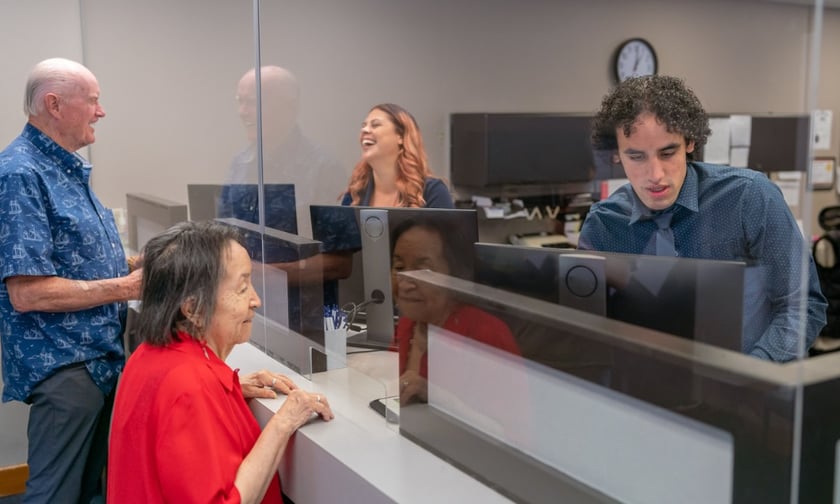

Experts have sounded the alarm on persistent gaps in safeguarding and identifying vulnerable customers within the financial services and insurance sectors.
Speaking at the inaugural Davies Vulnerable Customer Summit held on November 1, representatives from key organisations drew attention to critical deficiencies in customer support frameworks and shared insights on how to elevate industry standards.
Davies tapped guest speakers from The British Standards Institution (BSI), Alzheimer’s Society, The Collaboration Network, Henley Centre for Customer Management, and the Vulnerability Registration Service (VRS) to take part in the event.
During their discussion, the speakers highlighted the need for improved technology utilisation, staff empowerment, and organisational commitment, adding that many businesses are still failing vulnerable customers despite regulatory changes like the FCA’s Consumer Duty.
“Vulnerabilities like dementia change the dynamic completely, and companies need to rethink their customer service strategies,” said Phil Mitchell, Davies’ consulting director. “Although, this isn’t just about serving and meeting the needs of such customers. The advantages of such organisational changes and the subsequent realignment of focuses will propagate right throughout, benefiting all customers, employees, and stakeholders.”
Speakers at the Davies summit underscored diverse vulnerabilities, including mental health challenges, financial limitations, digital access disparities, and recent adverse life events.
“Vulnerability encompasses far more than just financial and age limitations,” said Professor Moira Clark of the Henley Centre for Customer Management. “We all know 70-, 80-, or 90-year-olds that are still sharp and perfectly capable. The key lies in not making assumptions.”
The event also stressed the importance of staff training, cultural shifts within organisations, and leveraging technology like speech analytics to enhance support for vulnerable customers. In particular, Mark Bailey of the Collaboration Network stressed the importance of mapping and testing customer journeys to ensure seamless digital channels.
“This frees up more time for dealing with vulnerable customers,” he said.
Additionally, Chris Park, of the Alzheimer’s Society, noted that “83% of people with memory problems have switched their shopping habits to places that are more accessible,” emphasising the need for strategic focus from leadership in order to deliver an experience that suits vulnerable customers’ needs.
This call for increased engagement from c-suite leaders was echoed by Trish Hadden from The Very Group, who noted that executives experiencing customers’ issues directly leads to a better understanding of their difficulties.
Helen Lord, CEO of the Vulnerability Registration Service, likewise advocated for continuous assessment of customer vulnerabilities beyond the initial acquisition phase. She highlighted the importance of reassessing terms and conditions agreements to enable proactive approaches to meet the needs of vulnerable customers.
Despite the potential of centralised databases like the VRS to proactively assist vulnerable customers, concerns about data sharing surfaced during the discussion. Lord reassured attendees that data protection laws shouldn’t hinder serving vulnerable customers, stressing that “GDPR will not penalise those that are sharing data when it is in the best interest of the customer.”
Concluding the summit, Michael Anderson, vice president of client management at Davies, called for decisive action from leadership in addressing customer vulnerability gaps.
“Despite growing awareness, significant aspects of customer vulnerability are still not being adequately addressed in financial services,” said Anderson. “We need decisive action from leadership to meet their duties and serve this critical demographic. We must realise that if we get it right for vulnerable customers, we get it right for everybody.”
What are your thoughts on this story? Feel free to share your comments below.
